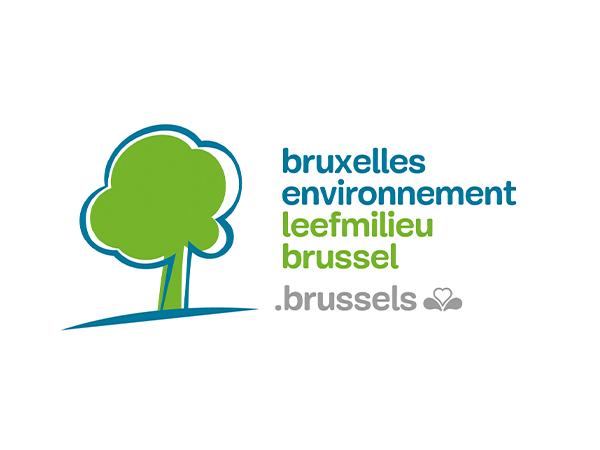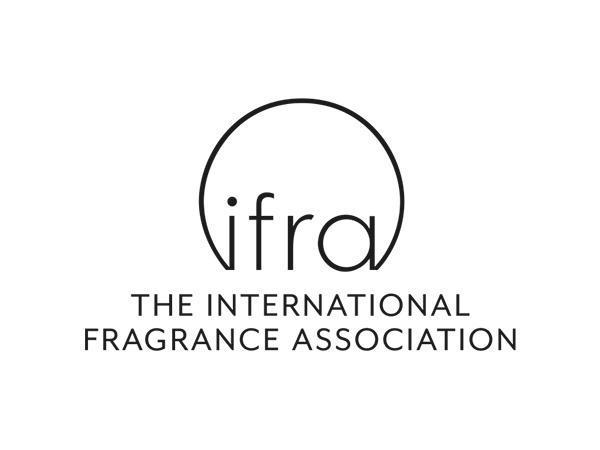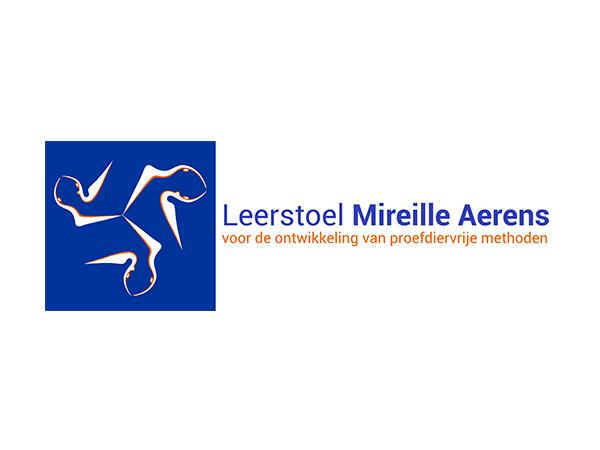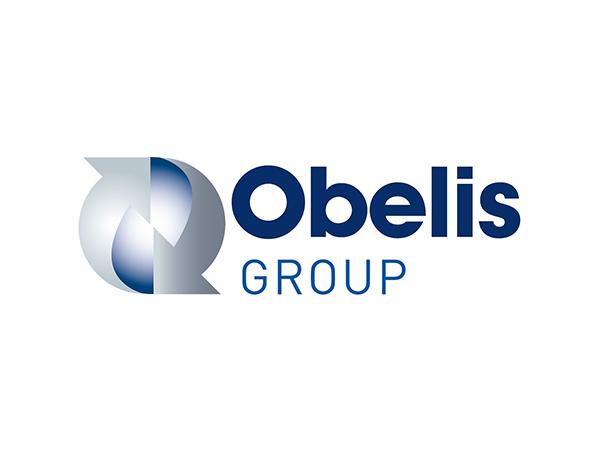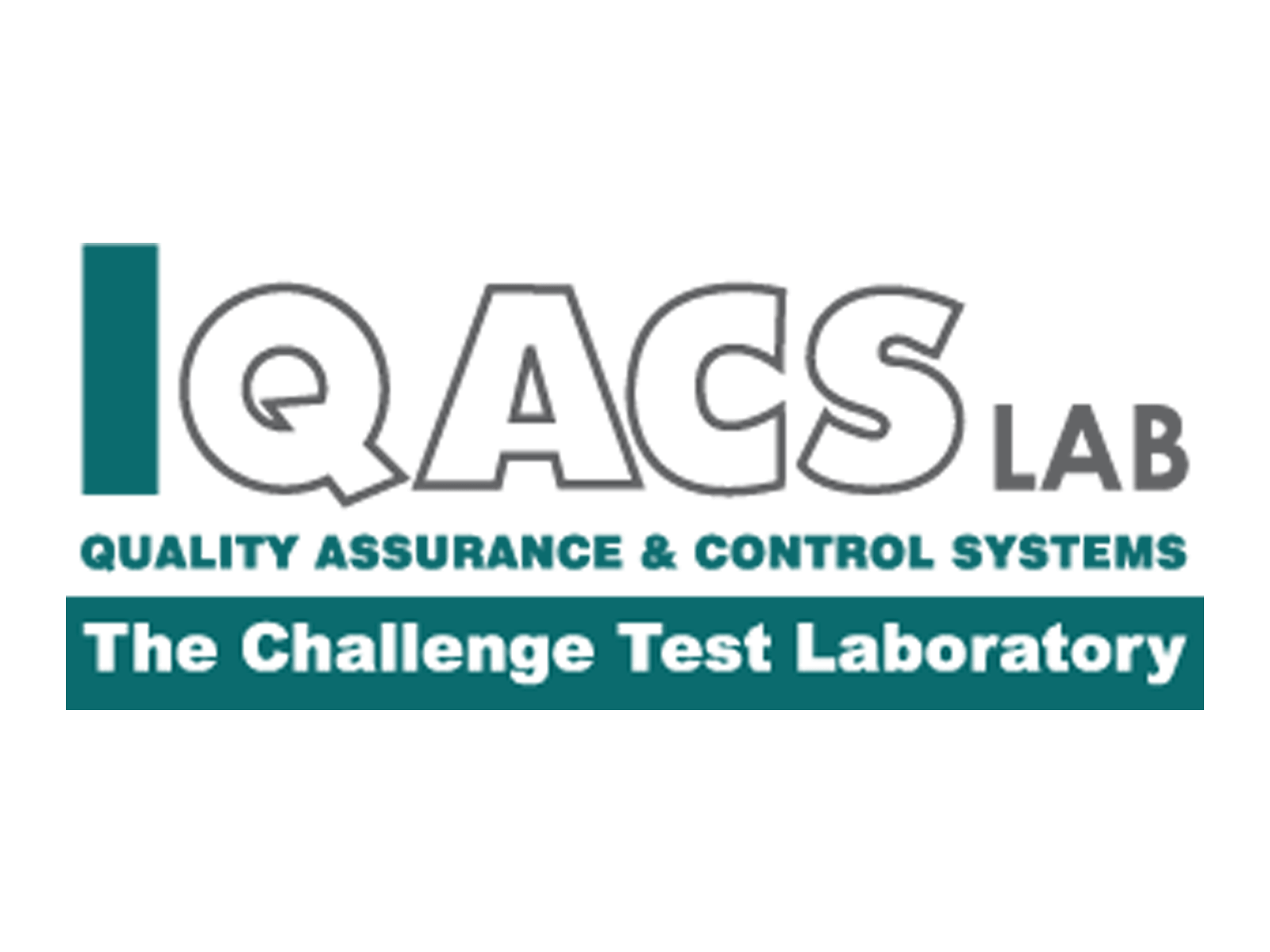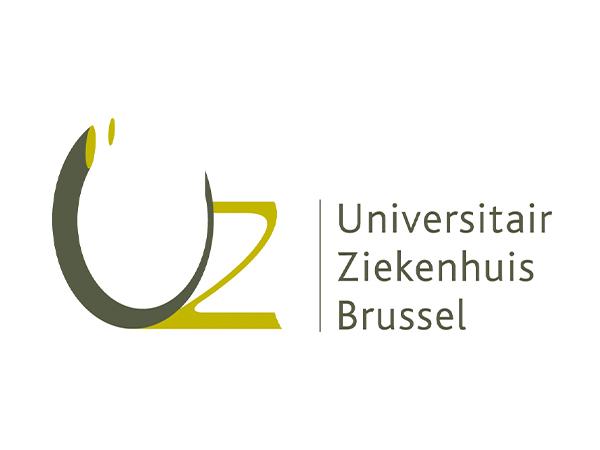7th IC-3Rs Symposium 2024
REDUCTION AND REFINEMENT CHALLENGES IN 3Rs RESEARCH
The 7th Symposium of the Innovation Centre for 3R alternative methods (IC-3Rs) entitled: "Reduction and Refinement challenges in 3Rs research" will take place on the 19th of September at the Health Campus VUB in Jette.
In several of the previous Annual IC-3R Symposia, attention was going to the development and application of one of the 3Rs, namely Replacement. This year, focus will be on the other two Rs, Reduction and Refinement. We would like to raise awareness with respect to three topics for which information is rather limited and some remediation seems possible.
Indeed, on a daily basis, researchers face various challenges in animal experimentation:
- Not all animals, bred for research, are used in their experiments. What should be done with these surplus animals? Can the huge number of overproduction, seen in all Member States, be reduced? Or is this just an illusion?
- Pain scoring in rodents is well-documented and standardization efforts are ongoing, but how can we effectively implement it for non-rodents, such as poultry? Any ideas?
- When animal experiments are needed, these are often only carried out with male animals. Should we include both male and female animals in our research? And how might this affect our experimental design statistically?
To tackle these pressing issues, we have invited national and international speakers. Following their presentations, a few case studies will be used to open the discussion among representatives from the Ethical Committees on Experimental Animals of a number of Belgian universities and the audience.
Don't miss out on the opportunity to actively engage in these discussions and contribute in addressing these important concerns. We look forward to seeing you all on the 19th of September!
Our 2024 Speakers
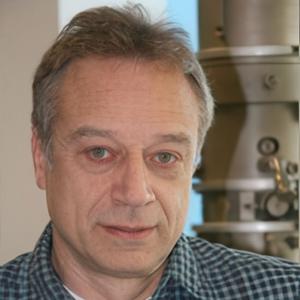
Peter Brouckaert
Proefdieren Commissie Vlaanderen, BE
Peter Brouckaert is an emeritus Professor at Ghent University (Department of Biomedical Molecular Biology and VIB-UGent Center for Inflammation Research). Trained as an MD, he was involved in research on cytokines and on the NO/cGMP axis, including the generation and use of genetically altered mice. Teaching was in the fields of (patho)physiology, drug development, biotechnology and society, and laboratory animal science, mainly in the Biochemistry and Biotechnology Program. He also was active as facility manager, founder, secretary and chair of the local ethical committee on laboratory animal experiments. Nowadays he is still active in laboratory animal policy at Ghent University, VLIR, and the Vlaamse ProefdierCommissie, and is an external member of an ethical committee.
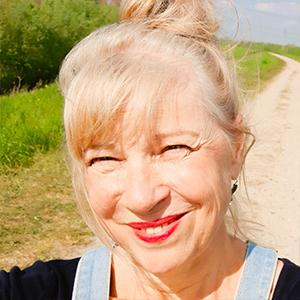
Mariella Debille
UGent, Ethic. Comm fac Vet. Med., BE
Mariella Debille is a veterinarian. With the support of colleagues Tim Waelbers and Luc Olyslager, she founded her project Van Staartjes with the mission “A better life for animals, in beauty”. Sentient beings, in vulnerable positions, whether human or animal, need all the support to allow them to live a good life. Van Staartjes is working on this from various angles. Her path and focus is animal welfare. As an advisor to Flemish animal welfare minister Ben Weyts, the ban on slaughter without stunning was implemented in Flanders and as deputy secretary she worked on international policy for the Council for Animal Affairs in The Hague. In the meantime, she divided her time between the Netherlands, Brussels and Flanders. She represented the Flemish Council for Animal Welfare on the Flemish Animal Testing Commission and she is still vice-chairman of the Brussels Council for Animal Welfare. She is a director at VZW Van Staartjes, her heart project, where she combines all those experiences with her musical past and her passion for painting, and especially with the input of dear colleagues veterinarians, biologists, ethicists and other experts who have turned this project into a scientifically innovative creative story. www.vanstaartjes.be
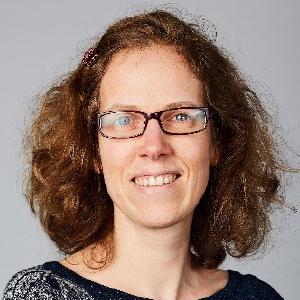
Eline Menu
Vrije Universiteit Brussel, BE
Eline Menu is a VUB alumnus, who graduated in 2001 as a Biomedical Scientist. She obtained her PhD in 2006 in the Hematology and Immunology (HEIM) lab of Prof. K. Vanderkerken where she studied the role of the bone marrow environment in the development of Multiple Myeloma (MM), a plasma cell tumor. After her post-doctoral training at the Weill Medical College of Cornell University (NY, USA), she returned to the HEIM lab. In 2015 she became a Research Professor at the VUB and set-up her own research group. She is (co-)author of more than 100 papers and has obtained several grants from FWO and Kom op Tegen Kanker to identify novel therapeutic targets for MM patients. Her group continues to study the interactions between MM cells and their microenvironment using both in vitro and in vivo models (5TMM mouse model). Her research interests include exosomal communication, tumor metabolism and immunotherapy. She is board member of the Belgian Society for Extracellular Vesicles, committee member of Stichting tegen Kanker and Chair of the Ethical Committee for Animal Experimentation of the VUB since 2020.
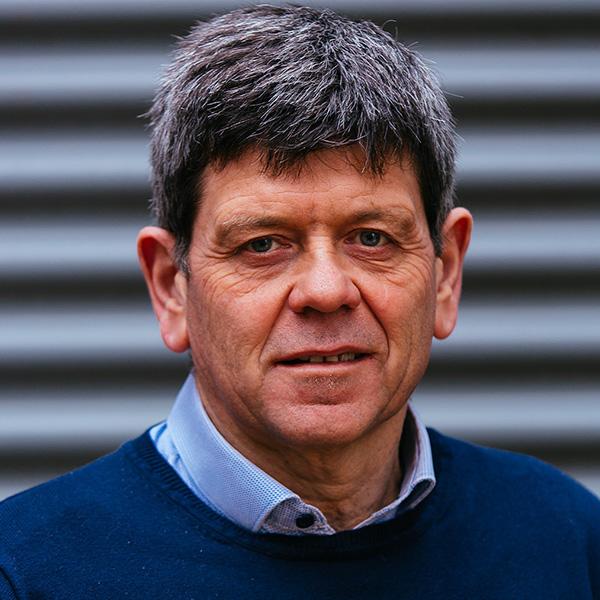
Kris Meurrens
KU Leuven, BE
Dr Kris Meurrens graduated in 1989 as veterinarian at the University of Ghent. Almost immediately after his veterinary studies he got involved in the management of laboratory animal facilities, meaning that he has more than 30 years experience. Between 1992 and 2000 he was director of Laboratory Animal Center of University of Leuven (KU Leuven). In 2000 he completed the Master in Laboratory Animal Science at Ghent University. In 2012 he returned to KU Leuven as director of Laboratory Animal Center.
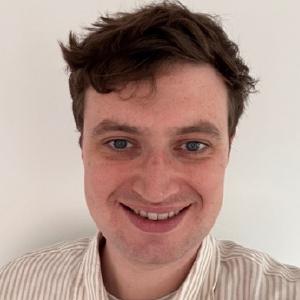
Benjamin Phillips
AstraZeneca, UK
I am currently a biostatistician at AstraZeneca, where I collaborate with scientists on experimental design and analysis across a wide range of studies supporting the pipeline. Previously, I completed my PhD and postdoctoral training as a behavioural neuroscientist at the University of Cambridge, where I worked on developing translational appetitive rodent tasks of learning and motivation with a focus on the modulatory role of serotonin and dopamine. I have a strong interest in generalisable and sex-inclusive research; specifically, the role of experimental design and biostatistics in generating more translatable research findings.
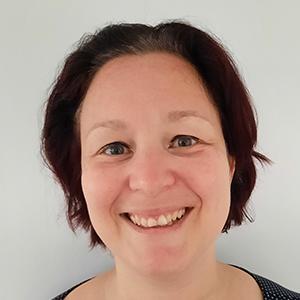
Mieke Pillen
Poulpharm, BE
Studied biomedical sciences at KUL. Career in pharmaceutical companies in R&D, regulatory affairs and quality for about 15 years. Since 3.5 years working for Poulpharm in a regulatory affairs & internal auditor position in the veterinary medicinal industry. In that capacity, I am supporting general management in elaborating animal welfare & refinement projects in the company.
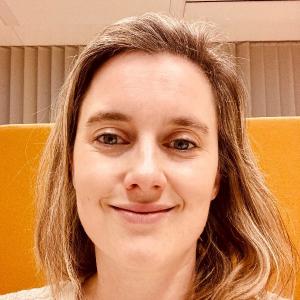
Eveline Roose
Animal Welfare service, BE
Holding a master's degree in international politics, Eveline began her professional journey in 2008 with the Flemish Department of Environment.
During her initial professional years, Eveline dedicated herself to the integration of environmental sustainability into the policies of local governments, universities, and various other stakeholders. Following the sixth state reform, animal welfare transitioned into a regional topic under the purview of the Department of Environment (now Departement Omgeving). Drawing on her passion for animal welfare and her experience in policy work, Eveline seamlessly joined the Animal Welfare service. Since 2017, Eveline has served as a policy officer animal welfare, focusing on the implementation of Directive 2010/63/EU on the protection of animals used for scientific purposes. On a rotating basis, she takes on the role of National Contact Point for the purpose of the Directive. She is also responsible for coordinating and organizing the activities of the regional Flemish Committee for the protection of animals used for scientific purposes and she initiated the assignment to design a Flemish action plan to reduce the number of animal procedures. Her work reflects her commitment to animal welfare within research and finding alternatives to animal testing.
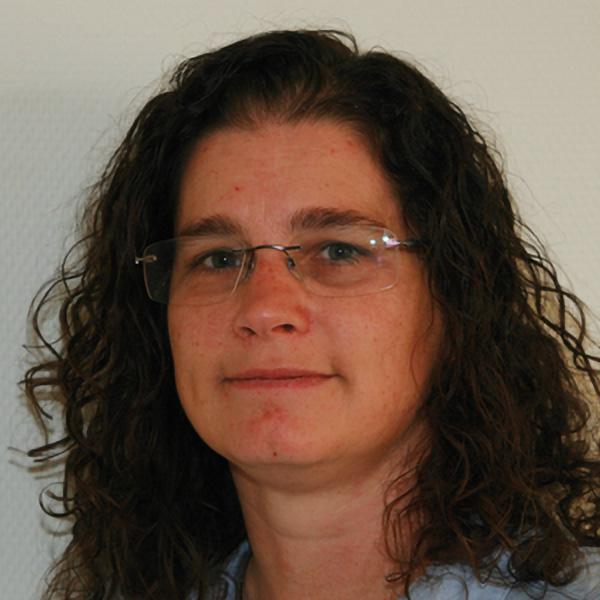
Wendy Roosen
UHasselt, BE
Wendy Roosen is a veterinarian and coordinator of the Animalium at the Biomedical Research Institute (BIOMED) of Hasselt University. She graduated with a Master’s degree in Veterinary Medicine from Ghent University in 2001, specializing in Science and Industry, and later obtained a Master’s degree in Applied Toxicology from the University of Surrey, UK, in 2008.
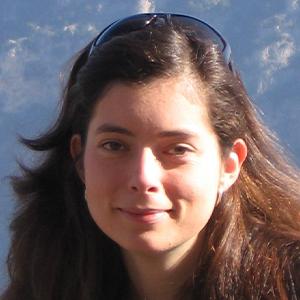
Solveig Mouterde
UCLouvain, BE
Solveig Mouterde is the head of the IREC (Institute of Experimental and Clinical Research) animal facility on the Brussels campus of UCLouvain. After graduating as a veterinarian from the Ecole Nationale Vétérinaire d'Alfort in France, she completed a research project on the agonistic behaviour of little blue penguins at Waikato University in Hamilton, New Zealand. She was then awarded her PhD thanks to her research on vocal communication in songbirds through a co-directorship with the Université Jean Monnet in Saint-Etienne in France and the University of Berkeley, California, for which she received a Fulbright fellowship.
At UCLouvain, she teaches as part of the training course on laboratory animal science and is the secretaty of the local Ethical Committee on animal experimentation. She is also an animal welfare officer, and coordinates the animal welfare bodies within the IREC institute.
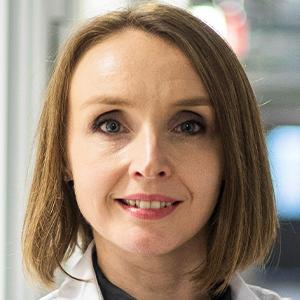
Debby Van Dam
University of Antwerp, BE
Debby Van Dam is a neuroscientist and education coordinator at the Faculty of Pharmaceutical, Biomedical and Veterinary Sciences of the University of Antwerp. She graduated as Master in Medical Biochemistry and obtained her PhD in Sciences – Biochemistry on the evaluation of the face, construct and predictive validity of mouse models relevant for Alzheimer’s disease in the Research group Neurochemistry and Behaviour. She currently heads this research group, as part of the Experimental Neurobiology unit. The main mission of interdisciplinary team of the Neurochemistry and Behaviour group aims at the development of diagnostic and/or therapeutic measures for neurodegenerative disorders and the clarification of the complex underlying pathophysiological processes of a spectrum of neurological diseases. Our multidisciplinary approach integrates cognitive and behavioral, neurochemical, histological and genetic investigations, leveraging diverse rodent models to mirror human pathology and advance translational relevance.
She teaches FELASA-accredited Laboratory Animals Science courses (Function B and Rodent-specific A/C) the University of Antwerp, and has been a member of the university’s board of the Animal Ethics Committee for over 20 years. She joined the committee as scientific secretary in 2003 and became chair as of 2023. Debby Van Dam is also a member of the Vlaamse Proefdierencommissie, the BCLAS board, and external member of the animal ethics committee of the KMDA (Zoo Antwerp and Planckendael).

Ronald van Os
University Medical Center Groningen, NL
In the 80’s of the last century, Ronald completed his study in Medical Biology at the University of Utrecht in the Netherlands. After several position in academic research, which involved animal experiments, he moved to the Animal Facility of the University Medical Center in Groningen, where he still works as member of the Animal Welfare Body, Scientific Breeding Coordinator and member of the Management Team (deputy head).

Anneleen Watteyn
ILVO, BE
Anneleen Watteyn (PhD, MVetMed) obtained her PhD at the faculty of Veterinary Medicine and is working as postdoc researcher and senior expert at ILVO at the Department of Animal Science. Her expertise is animal welfare of farm animals, with a focus on welfare assessment on-farm and at the slaughterhouse. She is involved in several (inter-)national projects related to digitalized welfare assessment. She is also president of the ILVO ethics committee on Animal Experiments.

